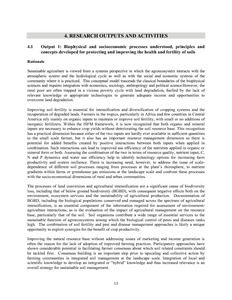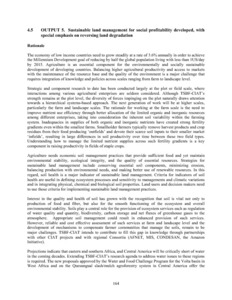Report on Post Tsunami Survey along the Myanmar Coast for December 2004 Sumatra-Andaman Earthquake
A giant earthquake occurred off Sumatra Island of Indonesia, on December 26, 2004. The earthquake, an interplate event, caused by the subduction of Indo-Australian) plate beneath the Andaman (or Burma) microplate was the largest in size (Mw 9.1) in the world for the last 40 years. While the epicenter was located west off Sumatra Island, the aftershock zone extended through the Nicobar to the Andaman Islands. This earthquake generated a tsunami which devastated the shores of Indonesia, Sri Lanka, South India, and Thailand as far as the east coast of Africa.










